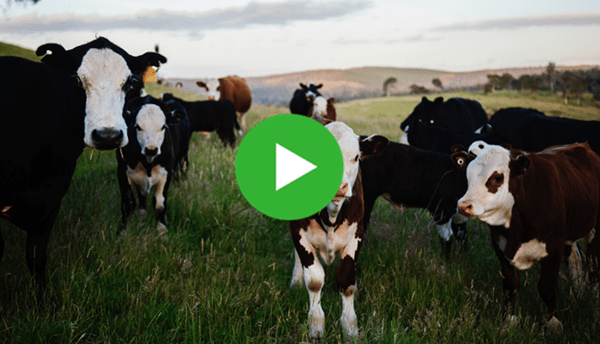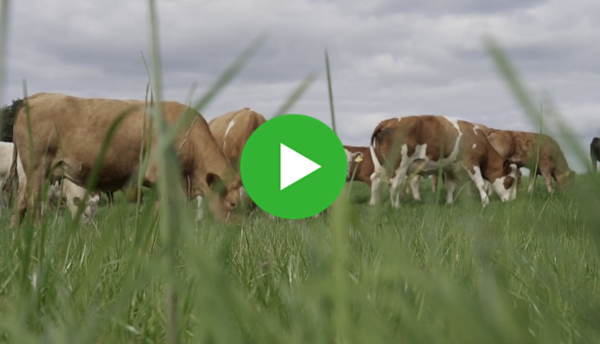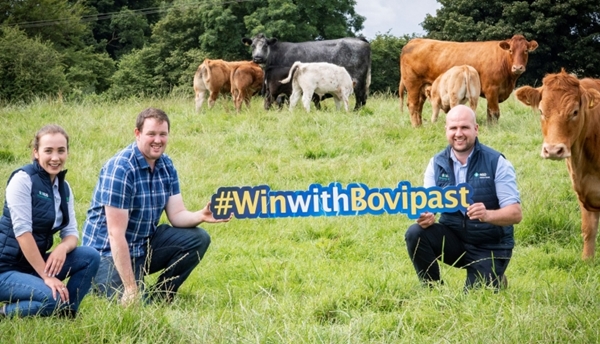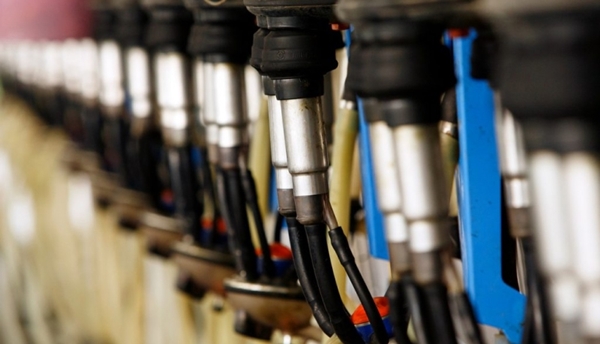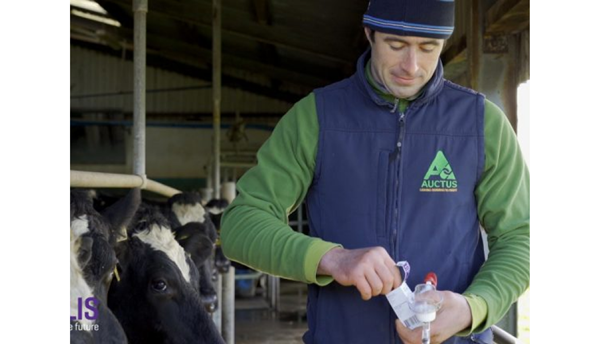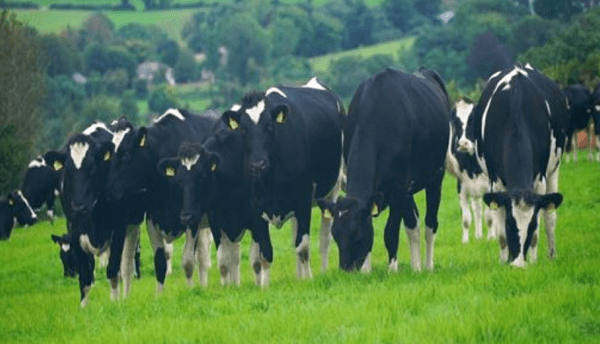

NEWS
WEBINAR: Method of measuring greenhouse gases in agriculture is flawed, says leading scientist
15th June 2020
The case for treating methane from agriculture differently to long-lived gases, such as carbon dioxide, in the debate on global warming is undeniable. This is according to leading global air quality scientist Professor Frank Mitloehner who spoke during a recent webinar host by MSD Animal Health.
During the webinar, Prof Mitloehner highlighted what he described as the flawed system of measuring the contribution of livestock production to greenhouse gas (GHG) emissions.

“Methane is a powerful GHG, with about 28 times the warming potential of carbon dioxide over 100 years. But methane does not hang around for 100 years.
“Methane only lasts in the atmosphere for 10 years. In contrast, carbon dioxide persists for up to 1,000 years,” said Prof Mitloehner.
He said stock gases, such as carbon dioxide, accumulate over time as they stay in the atmosphere. Flow gases, such as methane, stay stagnant as they are destroyed at the same rate of emission.
Indisputable
“It’s a cyclical process, referred to as the biogenic carbon cycle, and it’s been around as long as life itself.
“Therefore, if herd sizes do not increase for 10 years, additional methane is not added to the atmosphere. This is why the case for treating methane differently to long-lived gases is indisputable.”
He said the role of grassland in acting as a carbon sink must be given more prominence in the climate change debate.
“Grassland may well be a more reliable carbon sink than forestry as most of its carbon is stored below the ground whereas forests store carbon above the ground.”
Fergal Morris, general manager of MSD Animal Health who moderated the webinar highlighted the big variation between countries and regions in the level of carbon sequestrated by grassland. For example, there is 20 times more carbon per gram in Irish soil than in Spain.

Prof Mitloehner said all this does not mean that methane emissions are important. The effort to reduce emissions must be accelerated through a greater concentration on smart farming.
He referred to the reduction of 2.2m tonnes, or 25%, in methane emissions by the Californian dairy industry during the past four years. This was the result of a collaborative effort by state authorities, farmers and scientists. Initiatives undertaken included the installation of biogas plants.
“Scientists and farmers are also working on feed additives and other projects to help them reach their goal of a 40% reduction of methane by 2030.”
Animal Health
Galway-based veterinary practitioner and President of Veterinary Ireland Conor Geraghty also participated in the webinar and highlighted the importance of animal health in reducing methane emissions.
He said diseases and poor fertility greatly increase the level of emissions. Preventing the major disease threats through nutrition, biosecurity and strategic vaccination will reduce emissions and increase profits.
According to Fergal Morris, diseases such as salmonella and BVD in dairy cows increase emissions by up to 20%. Infertility can result in a 15% increase in emissions while fluke can lift emissions by more than 10%.
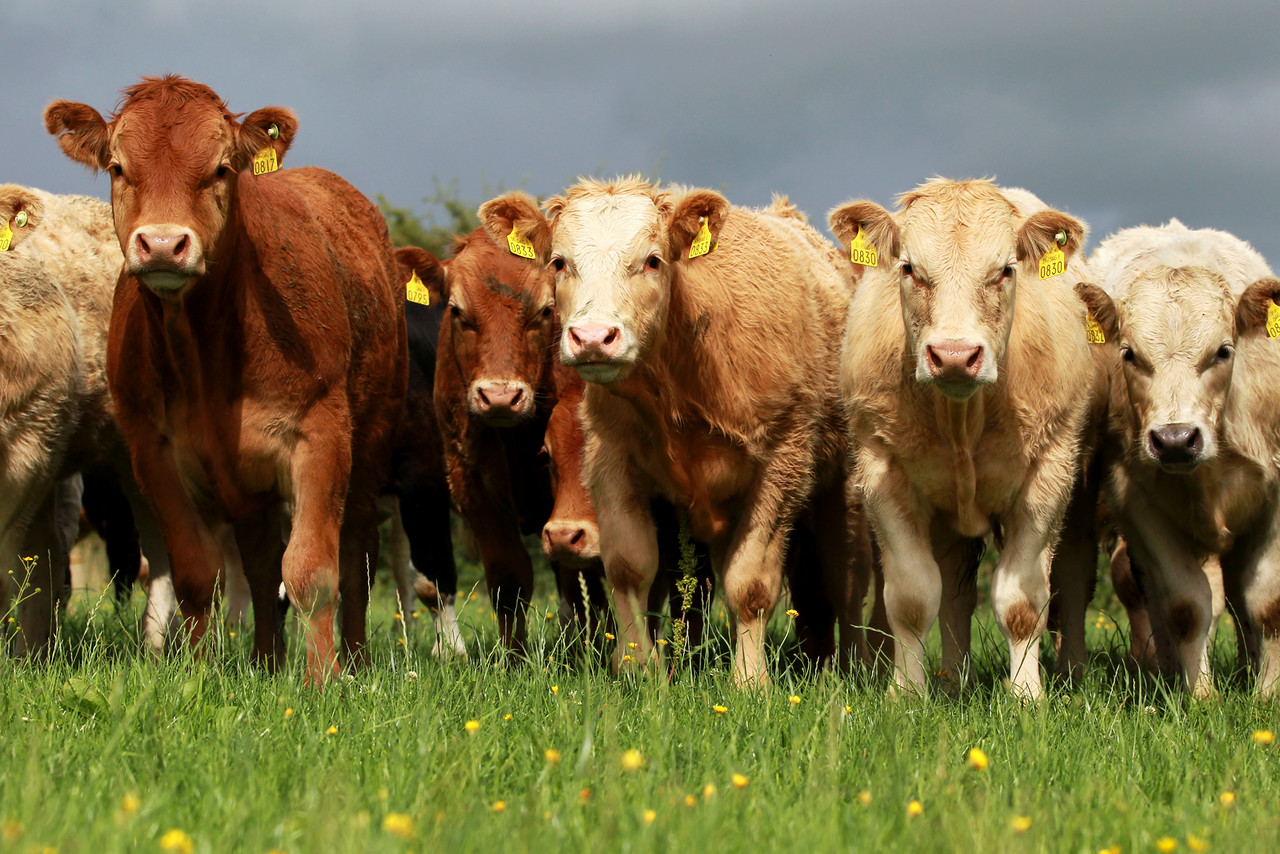
Bad Science
Leading European food scientist Professor Frederic Leroy told the MSD webinar that ‘bad science and extreme agendas’ are misleading consumers on the health risks associated with meat consumption.
“The health dangers of red meat are far from being supported by robust scientific evidence Calls for the planet to go vegan are pure nonsense and are ideologically driven by people who have a philosophical perspective and a bias against certain types of healthy foods,” said Mr Leroy, who is professor of food science and biotechnology at Vrije University in Brussels.
“Diets based solely on plant-based foods are restrictive, less robust, and may result in a greater number of deficiencies in essential nutrients, especially in vulnerable groups.”
He highlighted the health risks for children raised on vegan or vegetarian diets, stressing that red meat has an important place in a healthy, sustainable diet.
In relation to GHG emissions, he said the real protein value and nutrient density of different foods should be looked at.
“Many foods with low GHG equivalent values have low nutritional values relative to the higher nutritional density of meat-based products.
“We therefore need to examine if the higher greenhouse gas equivalent values of meat-based foods can be offset by their higher nutritional values.”
Presentation Links
Fergal Morris (General Manager, MSD Animal Health Ireland): https://www.bovilis.ie/wp-content/uploads/2020/06/Fergal-Morris-presentation-2020.pdf
Professor Frank Mitloehner (UC Davis Professor & CE Air Quality Specialist, Dept Animal Science): https://www.bovilis.ie/wp-content/uploads/2020/06/Prof.-F.-Mitloehner-presentation-June-2020.pdf
Professor Frédéric Leroy (Vrije Universiteit Brussel, Bioengineering Science Department): https://www.bovilis.ie/wp-content/uploads/2020/06/Prof.-F-Leroy-presentation-June-2020.pdf
Sign up to Bovilis® product and event information

MSD Animal Health
Red Oak North, South County Business Park, Leopardstown,
Dublin 18, Ireland
vet-support.ie@msd.com
PHONE
CATTLE DISEASES





